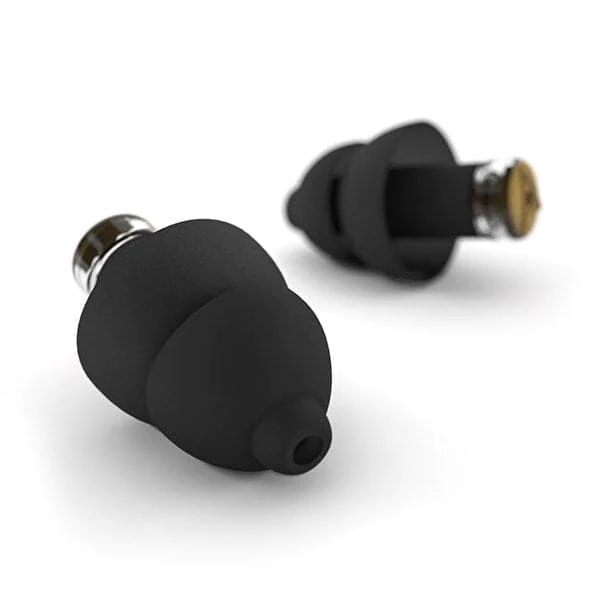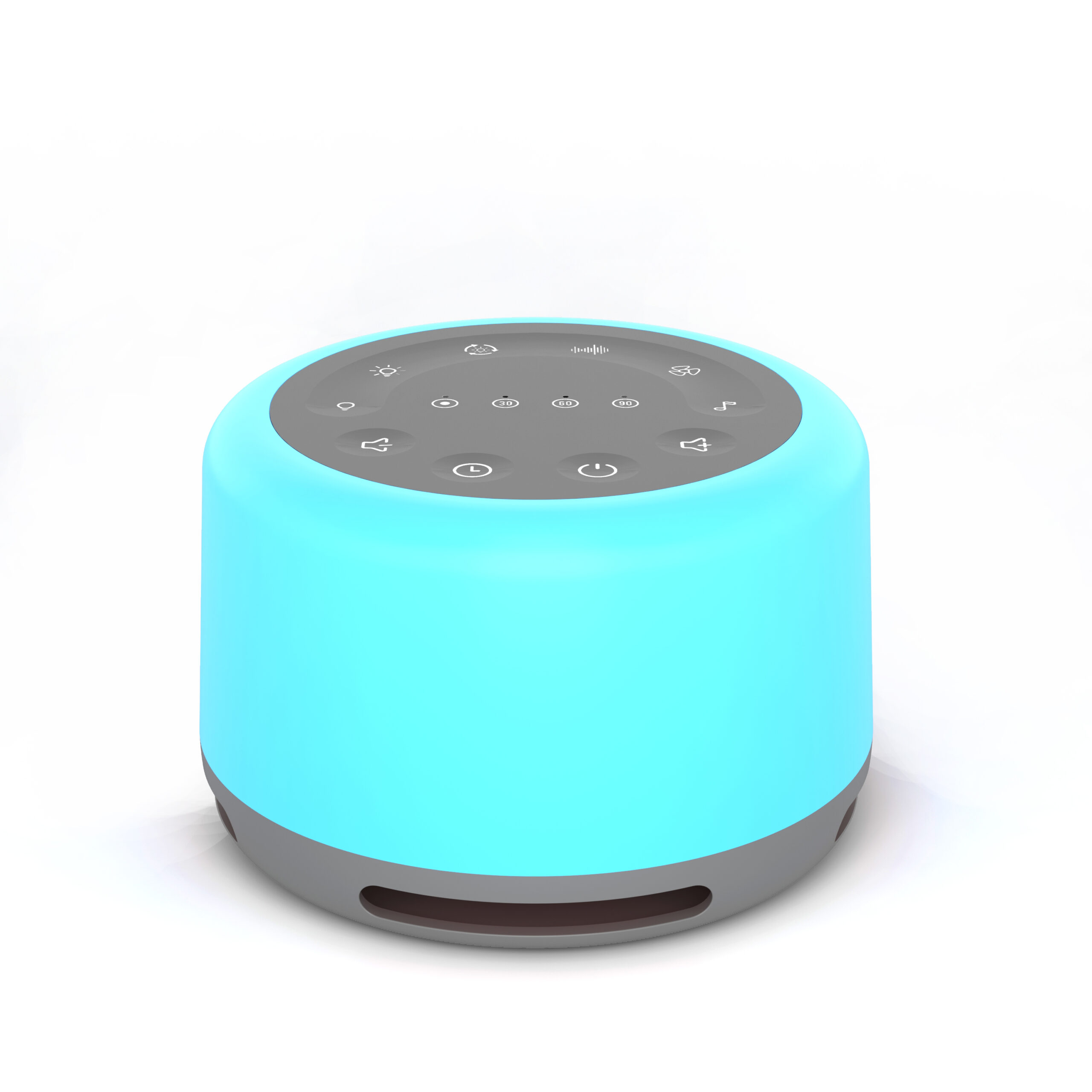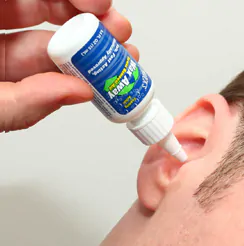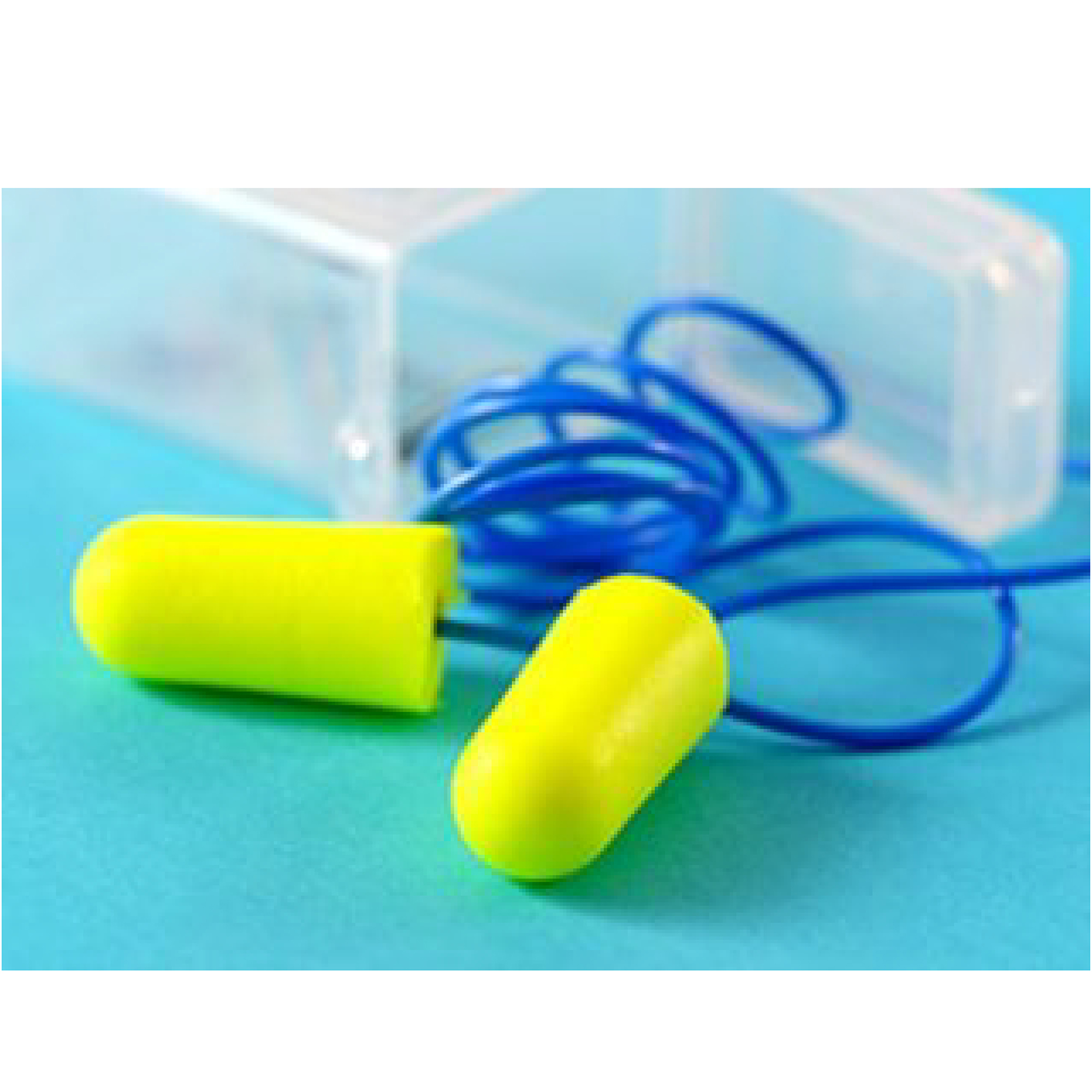Blog
How to Stop Snoring Immediately?
- Daniel Hastings
Table of Contents
Do you long for nights free from the rhythmic symphony of snoring? Beyond the mere inconvenience, snoring can be indicative of underlying health concerns. A comprehensive understanding of the scientific aspects behind snoring is crucial for effective solutions. Recent studies shed light on various contributing factors and evidence-based strategies on how to stop snoring.
Snoring often stems from the relaxation of throat muscles, causing airflow obstruction. According to a study published in the American Journal of Respiratory and Critical Care Medicine, positional therapy can be effective.
From understanding sleep positions to exploring the role of lifestyle factors, let’s navigate the diverse avenues of snoring solutions to pave the way for serene, uninterrupted nights of restful sleep.
Why Do People Snore?

Snoring occurs when the flow of air through the mouth and nose is partially blocked during sleep. The sound is produced by the vibration of the tissues in the upper airway, including the throat and palate. Various factors and individual anatomy play roles in snoring.
Lifestyle factors like alcohol consumption, smoking, and obesity can increase the likelihood of snoring. While occasional snoring is common and often harmless, persistent and loud snoring may be indicative of an underlying issue, such as sleep apnea.
What Causes Snoring?
The following major reasons cause snoring.
- Relaxation of Throat Muscles: During sleep, the muscles in the throat and tongue relax, causing a partial blockage of the airway.
- Narrowed Air Passages: The natural anatomy of the air passages may lead to constriction, especially in the throat and palate, resulting in vibrations and snoring sounds.
- Sleep Position: Sleeping on one’s back can promote snoring as it allows the tongue to fall backward, narrowing the throat.
- Age: Muscle tone and elasticity decrease with age, making older individuals more prone to snoring.
- Individual Anatomy: Unique anatomical features, such as a low, thick, soft palate or enlarged tonsils, can contribute to snoring.
- Alcohol and Sedatives: Consumption of alcohol and sedatives relax the muscles further, intensifying the likelihood of snoring.
- Obesity: Excess weight, particularly around the neck, can lead to the accumulation of tissue, putting pressure on the airways and causing snoring.
- Nasal and Sinus Issues: Conditions like congestion, a deviated septum, or sinus problems can obstruct airflow and contribute to snoring.
- Sleep Apnea: In some cases, snoring may be a symptom of sleep apnea, a serious sleep disorder characterized by intermittent breathing pauses during sleep.
15 Effective Ways to End Noisy Nights
Bedtime remedies, medical treatment, and lifestyle changes will let you manage your sleep well without any interruption.
Bedtime Remedies to Help You Stop Snoring

Before reaching for medical solutions, consider incorporating these bedtime remedies into your routine. These simple adjustments can make a significant impact on reducing snoring and fostering a quieter and more restful sleep.
1. Adjust Sleeping Position
Sleeping on your side can prevent the tongue and palate from collapsing backward, reducing the likelihood of snoring.
2. Use of Extra Pillows
Elevating your head with extra pillows can help open up airways and ease breathing, potentially minimizing snoring.
3. Nasal Strips or External Nasal Dilators
These adhesive strips or devices help to widen the nostrils, enhancing airflow and reducing the vibration that leads to snoring.
4. Humidifiers
Adding moisture to the air with a humidifier can alleviate nasal congestion, making breathing easier and potentially diminishing snoring.
5. Avoidance of Alcohol and Sedatives
Steer clear of alcohol and sedatives before bedtime, as they relax the muscles in the throat, contributing to snoring.
Medical Treatments For Snoring
If your remedies are not working, go for advanced medical interventions under the guidance of a healthcare professional to tackle snoring at its core.
6. Continuous Positive Airway Pressure (CPAP)
CPAP machines are widely used to treat snoring and sleep apnea. The device delivers a steady stream of air, preventing airway collapse during sleep.
7. Mandibular Advancement Devices (MADs)
These oral appliances reposition the lower jaw and tongue to keep the airway open. MADs are often prescribed for mild to moderate snoring.
8. Surgery Options
Surgical interventions, such as uvulopalatopharyngoplasty (UPPP) or genioglossus advancement (GA), aim to address anatomical issues contributing to snoring by removing excess tissue or repositioning structures.
9. Radiofrequency Ablation (RFA)
RFA is a minimally invasive procedure that uses radiofrequency energy to shrink and stiffen tissues in the throat, reducing snoring.
10. Palatal Implants
Tiny implants inserted into the soft palate create stiffness, reducing vibration and snoring. This outpatient procedure offers a long-lasting solution for certain cases.
Lifestyle Changes to Help You Stop Snoring
Following lifestyle changes will let you know how you can stop and overcome your snoring problem. These changes aim to address the root causes of snoring and pave the way for improved sleep quality.
11. Weight Management
Losing excess weight can reduce fatty tissue around the throat, decreasing the likelihood of airway obstruction and snoring.
12. Regular Exercise
Engaging in regular physical activity not only aids in weight management but also strengthens muscles, including those in the throat, potentially reducing snoring.
13. Healthy Sleep Hygiene
Establish a consistent sleep schedule, maintain a comfortable sleep environment, and ensure you get adequate rest each night to minimize factors contributing to snoring.
14. Allergen Management
Address allergies and avoid known allergens to reduce nasal congestion and promote unobstructed breathing during sleep.
15. Hydration
Staying well-hydrated can prevent the sticky, thicker secretions in the throat that may contribute to snoring. Aim for adequate daily water intake for optimal throat health.
When to Contact a Doctor?
Knowing when to contact a doctor about snoring is crucial for addressing potential underlying health issues.
Key indicators that warrant a consultation with a healthcare professional:
- If your snoring is consistently loud and disruptive, especially if it’s accompanied by gasping or choking sounds.
- If someone observes that you momentarily stop breathing during sleep, it could be a sign of sleep apnea.
- Persistent daytime sleepiness, even after what seems like a full night’s sleep.
- Headaches upon waking can be associated with sleep apnea.
- If you have hypertension and your snoring is persistent, it may be a link to cardiovascular health.
- Consistently struggling to stay asleep is something worth discussing with a healthcare provider.
- While occasional snoring in children is common, persistent and loud snoring is a concern.
FAQs
How Can I Stop Snoring in 5 Minutes?
While quick fixes are limited, you can try immediate remedies like changing your sleep position, staying hydrated, or using nasal strips for temporary relief.
Do Earplugs Increase Snoring?
Earplugs themselves don’t increase snoring, but using them may lead someone to snore louder. When others use earplugs to drown out snoring, the snorer may subconsciously amplify their snoring to compensate for the perceived reduction in noise, inadvertently exacerbating the issue.
Can Snoring Be a Sign of Something Serious?
Snoring can be a sign of serious health conditions, especially if accompanied by other symptoms like gasping for breath or pauses in breathing. It indicates sleep apnea, a potentially dangerous sleep disorder linked to heart problems and other health issues.
Wind UP
Snoring is a severe condition if not handled in a timely, and it can not only irritate the infected people but also disturb the surrounding people. It can disturb your sleep and that of your partner, plus indicate severe health conditions. These simple DIY practices can help you to tackle the situation to some extent.
However, seeing your doctor and consulting about the state will help you keep your situation under control.





















































